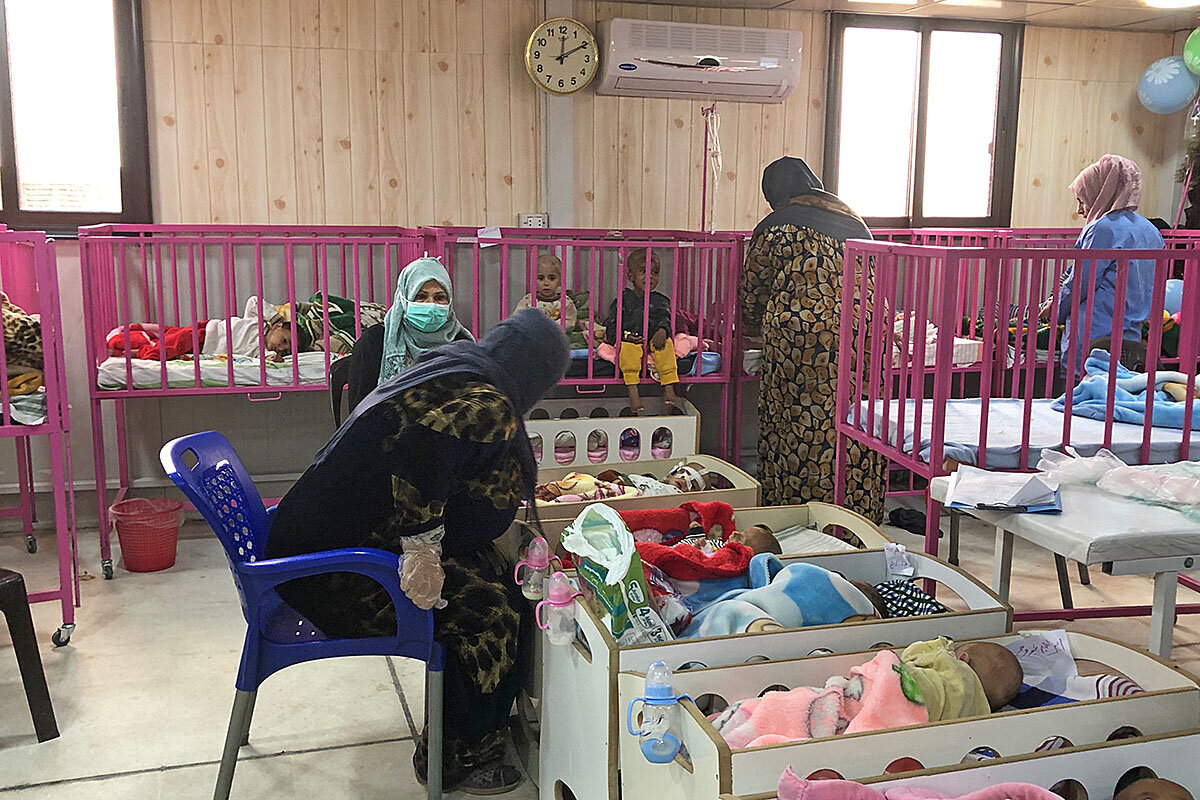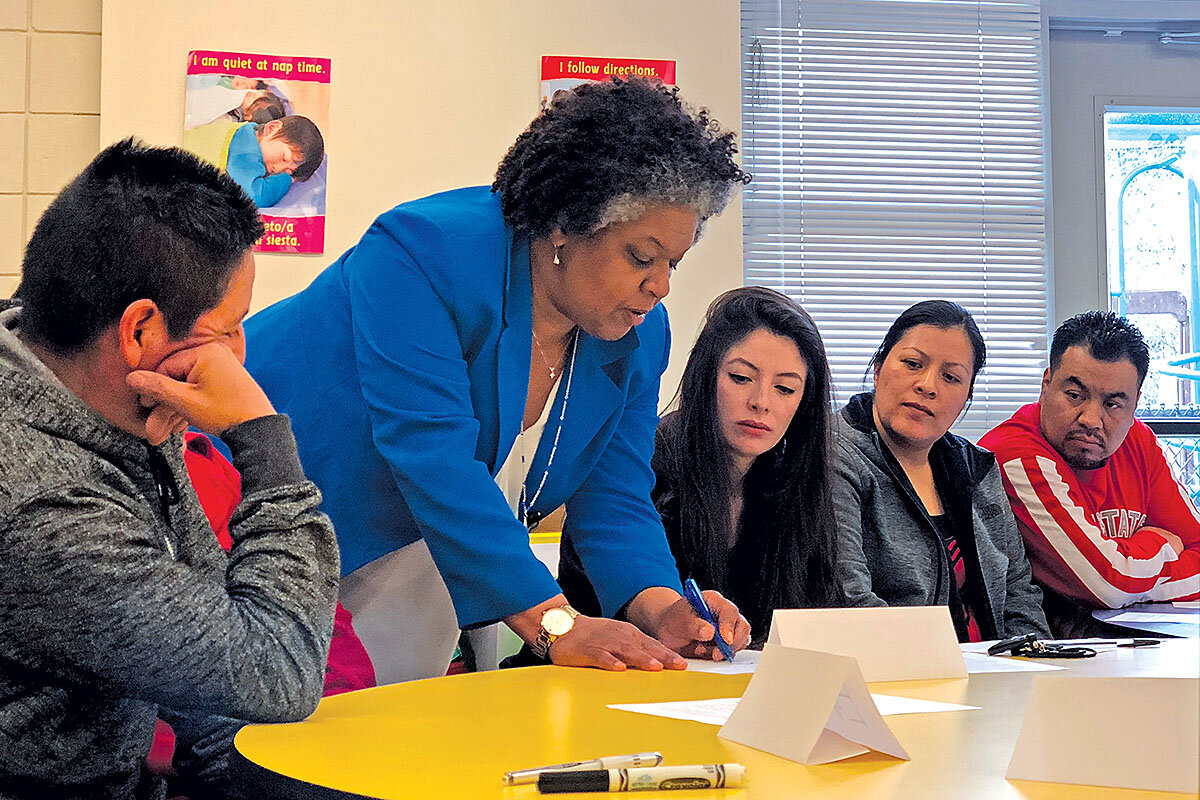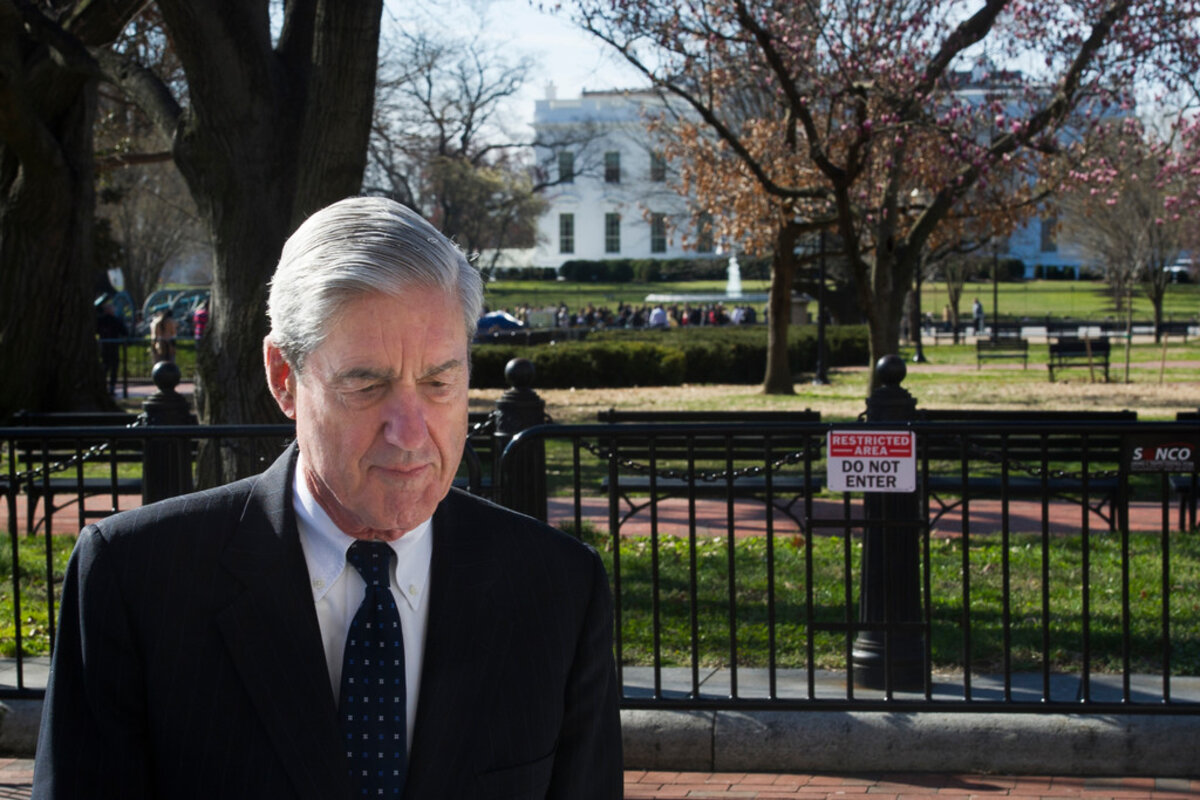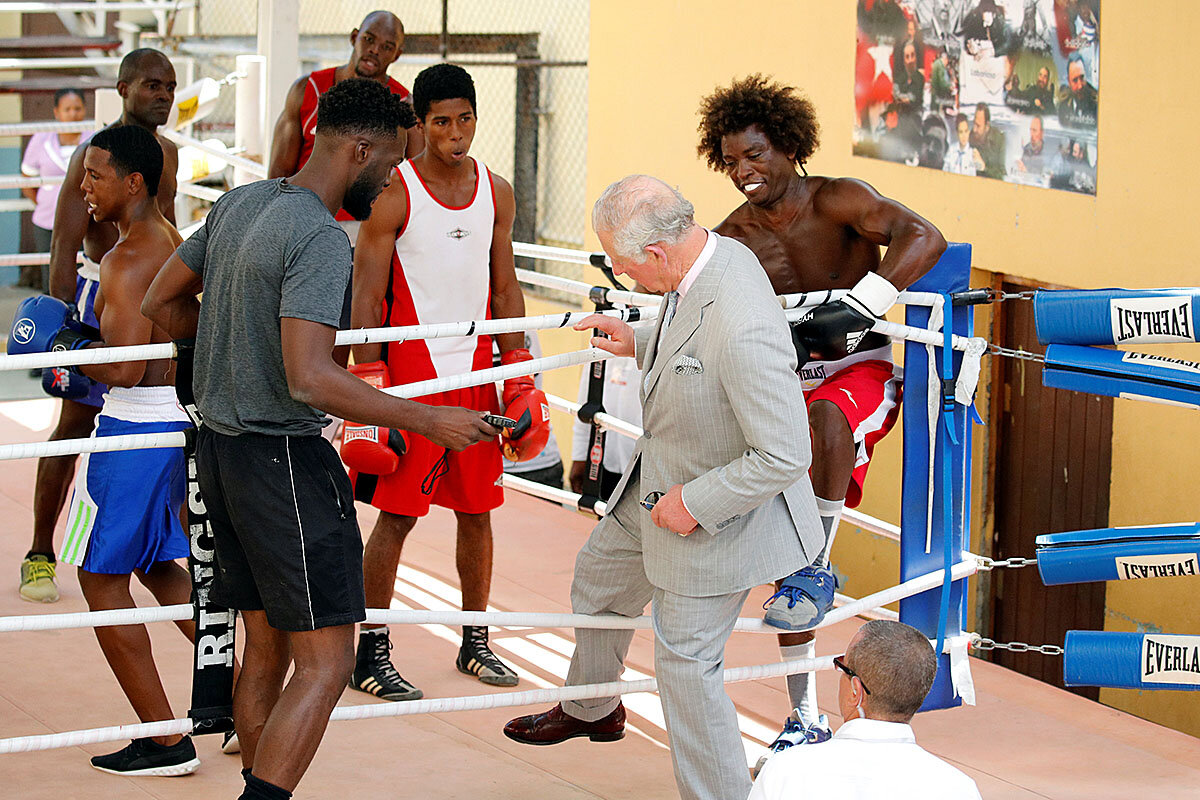In the wake of the Mueller report, it’s useful to remember that at the investigation’s core is a value – the goal of untainted elections – that Americans of both parties should care about.
Monitor Daily Podcast
- Follow us:
- Apple Podcasts
- Spotify
- RSS Feed
- Download
 Amelia Newcomb
Amelia Newcomb
Talk to people about their work and you often hear they are encouraged to team up with people who don’t think like them. The reason? Better ideas and stronger problem-solving tend to come from mixing it up with folks of diverse outlooks. The same might apply to our political arena, whose stridency has led Arthur Brooks, president of the American Enterprise Institute, to write about what he calls America’s “culture of contempt.”
Here are some interesting bits related to this:
The Atlantic, with PredictWise, mapped U.S. counties to see where political tolerance and intolerance feature most strongly. Higher intolerance, it found, correlated with urban living and higher levels of education, along with a generally whiter and older population. Suffolk County in Massachusetts, which includes Boston, topped that category, in part because of residents’ isolation from political diversity, intentional or not. At the other end were upstate New York’s North Country and parts of North Carolina. People there saw more marriages and friendships that crossed political lines.
Such relationships yield benefits. A new paper in the journal Nature Human Behavior says the more diverse the ideologies of contributors to popular Wikipedia entries, the higher the quality. Why? They had to make sharp arguments based on good facts. And an essay in the popular Farnam Street blog underscored the point by invoking survival: “[Thought diversity] means we have a wider variety of resources to deal with the inevitable challenges we face as a species.”
Now to our stories, which look at our obligations to the youngest victims of war, the qualities that can attract voters, and making the tax code friendlier to childless low-income workers.











